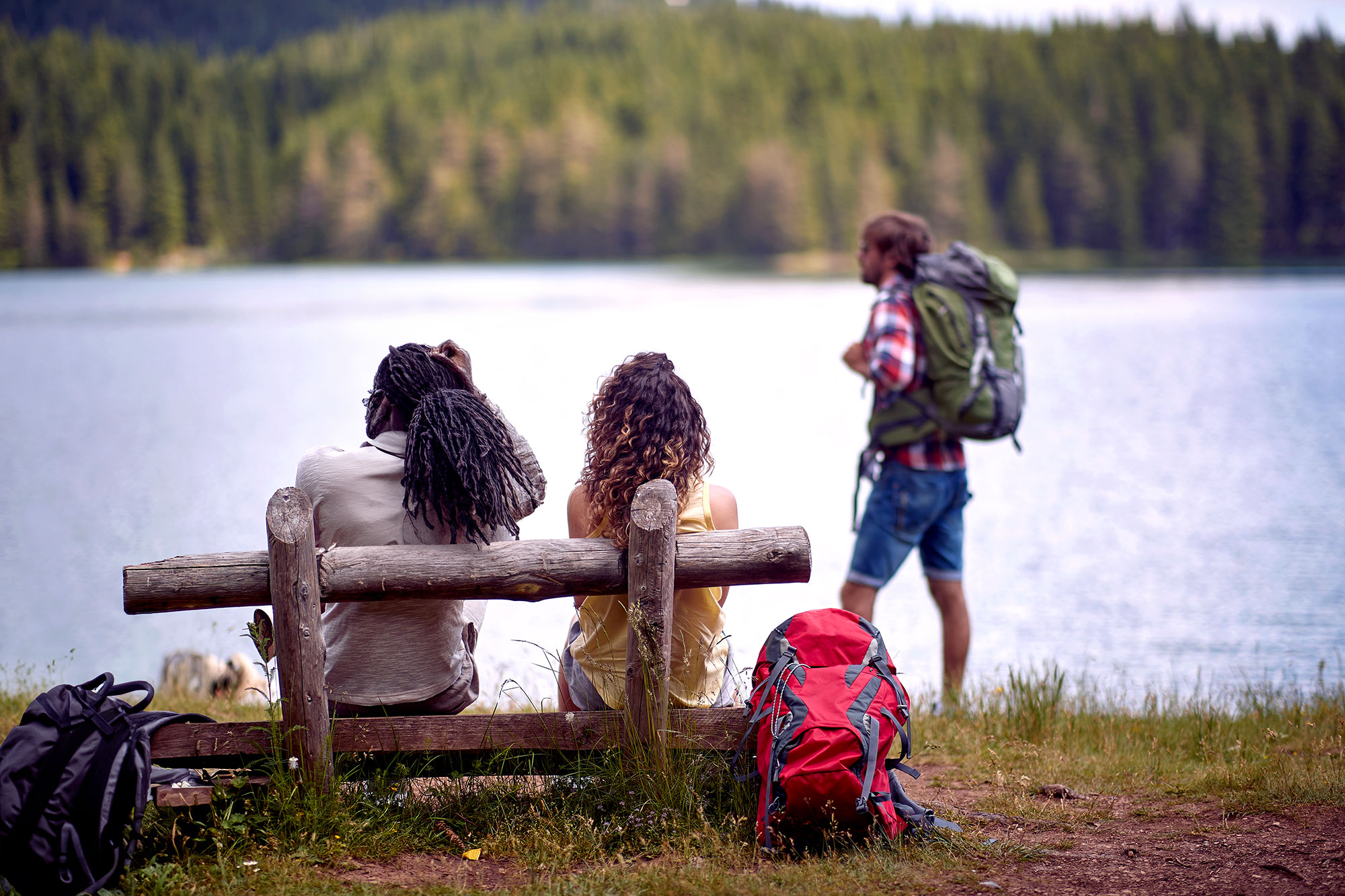WeNaTour – The European Alliance for Innovation and Sustainability Education in Welfare, Nature, and Tourism

Tourism is a significant driver of the global economy, a complex system capable of influencing the natural and urban environments in which it operates, as well as the well-being and culture of host communities. In recent years, economic and environmental crises have triggered a profound change in the tourism system, revealing new needs and potential markets under the banner of sustainability. However, the touristic system is still unprepared, disorganized and unwilling to respond. Therefore, tourism must undertake radical innovation to seize these opportunities.
WeNaTour is a European project funded by the Erasmus+ program aimed at training new professionals for sustainable tourism and exploring emerging markets, while keeping the well-being of local communities and the preservation of the environment at the core of its strategies, towards a more responsible and sustainable future.
The problem
The post-pandemic scenarios and conflicts have further accelerated the transformations already underway, radically changing EU citizens’ working, living and leisure patterns. These changes have generated new needs and demands, pushing towards tourism focused on nature and sustainability. New markets, such as wellness and nature-oriented tourism, are growing. Increasingly, tourism is being integrated into corporate welfare, while the demand for sustainability certifications for destinations and economic operators and the focus on accessible tourism is increasing.
Although the tourism system has been resilient in recent years, facing numerous challenges, there is still a shortage of professionals with interdisciplinary skills and knowledge of governance systems in tourism destinations. This particular profile, which we could refer to as ‘Sustainable Tourism Destination Manager’, has yet to be established, and WeNaTour aims to create training opportunities for individuals aspiring to enter this profession. In this context, tourism has an extraordinary opportunity to take a new direction.
The project
WeNaTour aims to enhance the educational offering in the field of sustainable tourism and destination management at the European level through a unique combination of theory and practice. This will be achieved through the following actions:
- Facilitating the exchange and co-creation of knowledge among European universities, local administrations, and businesses from diverse disciplines that often do not collaborate.
- Promoting a new, innovative, and multidisciplinary online training program in Sustainable Tourism Management, targeting both students and professionals.
- Providing field-based training experiences to foster entrepreneurial skills among students, researchers, and professionals, addressing the growing demand for efficient and effective solutions.
Additionally, the project will drive innovation in the sector by disseminating knowledge, exploring and testing new practices in two emerging markets: company well-being and nature-based tourism for health and well-being.
The project started in 2023 and has a duration of 3 years, it primarily focuses on partner countries, including Italy, Romania, Austria, Ireland, Germany, and the Netherlands. However, the results will be shared at the European level through an extensive international alliance in the field of sustainable tourism.
List of partners
- University of Padua – Dept. of Cultural Heritage (Italy)
- Etifor | Valuing Nature (Italy)
- Carinthia University of Applied Sciences – Dept. of Public Management and Political Sciences (Austria)
- Meath Community Rural and Social Development (Ireland)
- Nature Tourism Development (Austria)
- Technological University of the Shannon: Midlands Midwest – Dept. of Applied Social Sciences (Ireland)
- Austrian Research Centre for Forests (Austria)
- Transilvania University of Brasov – Dept. of Marketing, Tourism and International Relations (Romania)
- Innova srl (Italy)
- University of Applied Sciences Krems GMBH – Dept. of Health Sciences (Austria)
- Sano Touring Experience S.R.L. – (Romania)
Coordinator contact details:
University of Padua – Dept. of Cultural Heritage (IT)
Prof. Nicola Orio
Email: nicola.orio@unipd.dit
Contact Austria:
Austrian Research Centre for Forests (AT)
Mag. Dominik Mühlberger
Email: dominik.muehlberger@bfw.gv.at


The European Alliance for Innovation and Sustainability Education in Welfare, Nature, and Tourism, called WeNaTour, is a Innovation Alliance project (ERASMUS-EDU-2022-PI-ALL-INNO)
This project has been funded with support from the European Commission – Erasmus+ program under Grant Agreement No 101111561.